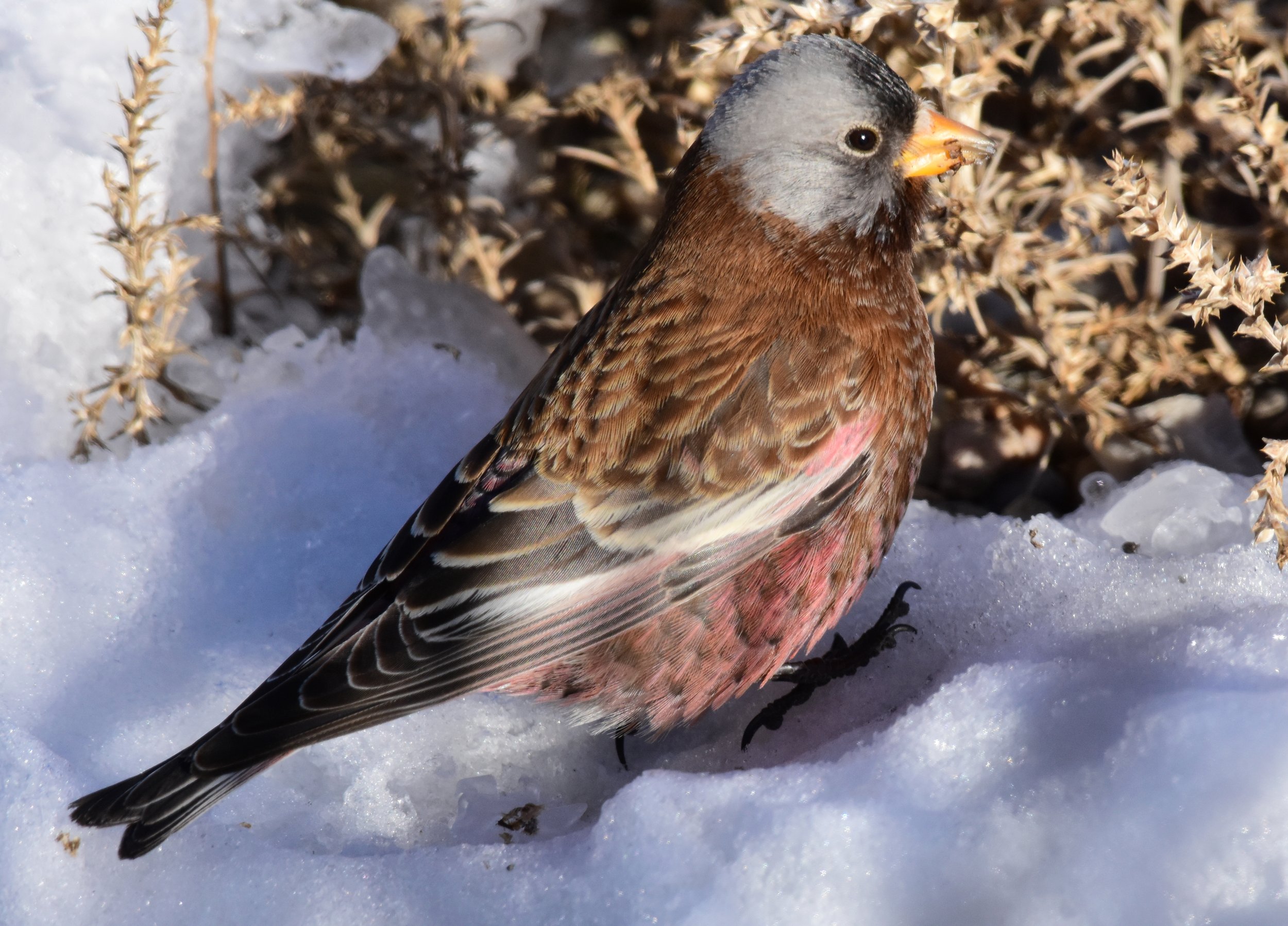Highly pathogenic avian influenza (HPAI), commonly called bird flu, is wiping out chickens across the country and driving egg shortages and rises in prices. The virus is also infecting wild birds and a handful of mammals, including racoons, red foxes, harbor seals, and bears.
Like covid, there are different strains of avian influenza that affect species differently. For example, with the current strain, it seems as though waterfowl are transmitting the virus, but are rarely dying. Raptors are more susceptible among wild birds. Domestic poultry are the most sensitive; the mortality rate in affected flocks can be 90%-100%. Over the last year, more than 50 million chickens across the country have either died from the disease or have been culled at commercial facilities to prevent further spread. Although more difficult to detect, approximately 5,657 cases have been identified in wild birds—14 of those right here in Teton County. In previous bird flu outbreaks, the virus spikes during colder months and dies down during summer. But, the current outbreak carried through last summer and into this winter—making it the largest outbreak of avian flu in US history.
What can you do?
A gray-crowned rosy finch, a common visitor to backyard feeders in Jackson at this time of year. Photo by Tom Koerner/U.S. Fish and Wildlife Service.
For wild birds:
If you have a bird feeder, consider taking it down. If you must have a bird feeder or bird bath, disinfect it at least once a week.
If you like birds in your yard, consider planting native trees, shrubs, and grasses that attract birds.
Never handle wild birds. If you find an injured, ill, or orphaned bird, call the Wyoming Game & Fish Department. Keep pets away from sick or dead wild birds.
For backyard chickens and pet birds:
Thoroughly clean any boots, clothes, and equipment used to tend to your birds.
Make sure your birds’ food and water are inaccessible to wild birds.
Keep chickens and pet birds indoors or otherwise physically separated from wild birds.
Don’t borrow tools or supplies from other bird owners. If you have been near other birds or bird owners, clean clothing and equipment before going home.
If you have a wild bird feeder AND chickens, take down your wild bird feeder.
Know the warning signs (sudden increase in deaths, sneezing, coughing, nasal discharge, watery or green diarrhea, lack of energy, poor appetite, drop in egg production, or swelling or discoloration of wattles, combs, and legs).
Report sick birds to your veterinarian or USDA at 866-536-7593.


